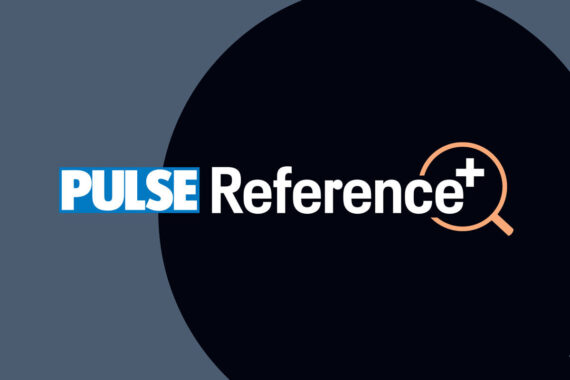Are your spidey senses tingling about that one patient?

Editor Jaimie Kaffash discusses improvements to Pulse Reference, a service to help GPs do what they do best
I don’t think most people understand what GPs do. This isn’t me getting all Daily Mail on you. But seeing the portrayal of GPs in popular culture, there still persists the idea that you go to the GP and they will cure you.
This is obviously not the case, and that is not because GPs aren’t competent. As you know, the true skill of GPs is managing diagnostic uncertainty – spotting the potential red flags, what is harmless, what needs a specialist opinion etc. And the best tool you have for this is your vast training and experience.
But sometimes, it might help to have a little reminder, and this is where our free service Pulse Reference comes in. We launched this in October 2022, and we know it has been a really useful tool for GPs. It is based on the Symptom Sorter book, which was written by our very own clinical adviser, Dr Keith Hopcroft.
The site allows you to search symptoms that may be presenting, and suggests a list of possible diagnoses. We’ve been told by GPs that it is especially helpful when your ‘spidey senses’ are tingling about a patient, and it gives a memory jolt. For example, was there something particular strange about those neck lumps that might suggest actinomycosis? Or should painless, progressive facial swelling raise any red flags, and why? But it can also be used in the normal course of a consultation, or as a training tool.
However, the one drawback that was raised about the site was that there was no information around treatment.
We took this feedback onboard, and as a result we have now relaunched the site to now include 100s of guides on management of the conditions. The weightier ones – which we are labelling our ‘Masterclasses’ – have been written by experts in their field on conditions such as asthma, dementia or hypertension.
These make up a small part of the number of guides that we are providing – in all, around 350. Half of these are now on the site – from UTIs to De Quervain’s tenosynovitis and seborrheic dermatitis – with the remaining ones being added over the next few weeks.
These guides have been developed by our two GP clinical advisers, Dr Hopcroft and Dr Poppy Freeman, who are both practising GPs. To do this, they have used ChatGPT to help generate the guides, which have been checked for reliability and timeliness. They have also ensured this takes into account the real-life experiences of GPs.
We really hope that this comprehensive website proves useful to you. And if you have any feedback as to how we can improve this, get in touch with me at [email protected].
To see everything Pulse Reference has to offer, click here
Jaimie Kaffash is editor of Pulse. Follow him on X (formerly Twitter) @jkaffash or email him at [email protected]
Pulse July survey
Take our July 2025 survey to potentially win £1.000 worth of tokens












